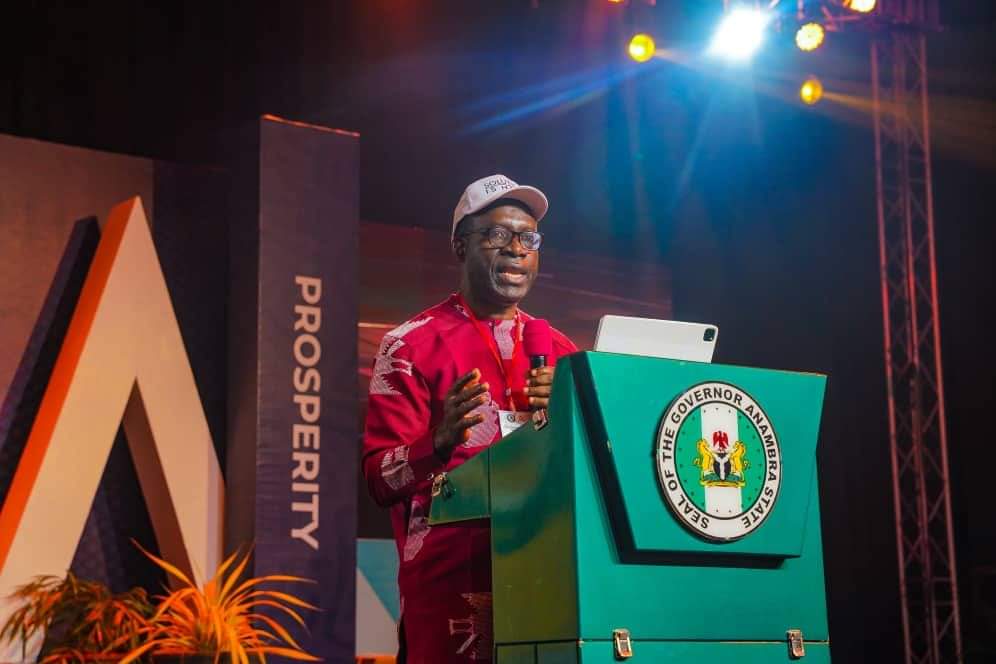The proclamations, declarations and executions of the Anambra state education reforms were made by the Governor of Anambra State, Professor Charles Chukwuma Soludo, CFR on the heels of removal of oil subsidy amid deficit education infrastructure, abysmal morals, professionalism and commitment of teachers, lack of incentives to teaching profession and degradation of public schools.
The government of Anambra State viewed from the lens of a teachers’ government because the Governor himself is a teacher, is invariably committed to uplifting the teaching profession through infrastructural revitalization and capacity building for sustainable economic growth and development; and making the state a livable home land for the future generation and leaders of tomorrow.
This vision demanded bold reforms on the economic and social planks as well as reduction of poverty and bringing education to the door steps of every household. Anambra state government’s education reforms are, therefore, predicated on three organic pillars namely, education infrastructure, teachers’ capacity building and pupils’ centered leaning process, collectively and severally aimed at achieving Universal Basic Education (UBE) and Sustainable Development Goals (SDG)
Infrastructure is one of the fundamentals in reinventing the teachers needed in the vision and mission of elevating Anambra state education system to a status that will increase the visibility, quality and standard of education in public schools according to international best practices.
This initiative is emboldened by the equipment of public schools’ libraries with basic textbooks so that students can easily have access to them for free and to prove the point that teaching is not a job but a calling with the commitment of the state government to improving the condition of teachers. The role of technology in teaching profession is an indissoluble component of the reforms, hence, the policy of scepter technology and scientific innovation of Anambra state is an enduring means of sustaining the social reforms with a view to making the state a knowledge economy.
Free textbooks for children in public schools would be the administration’s means of leveling the educational playing field and ensuring that every child has equal access to learning resources. This is to achieve the medium and long term goals of the administration’s domestication of the Federal Government’s Universal basic education policy for equal opportunity, affordability, exclusivity and accessibility to education not only for the rich but also for the poor in Anambra state.
The model of education in need is part of the agenda of transforming Anambra state to a livable home land. This policy and reform is to enthrone an egalitarian society with equal opportunities and level playing field for the realization of group and individuals aspirations.
The education reforms includes graduated and progressive resource and capacity building which have resulted in the employment of over five thousand teachers and ongoing recruitment process of over three thousand others. The newly recruited teachers would be specifically posted to public schools as the administration targets to end the era of PTA teachers. A government of the people, for the people and by the people in Anambra state would be demonstrating a profound sense of duty towards the children in public schools, recognizing their potential as the bedrock of a prosperous society and creating an enabling learning environment for them .
This transformative agenda seeks to position public schools in Anambra, including mission schools, as exemplars of educational excellence for the entire state. Government cannot do all these alone. Therefore, communities are going to be involved because it is a volatile social and ethical matter with far reaching positive and negative consequences.
There is also a policy on abolishment of all fees and levies payable in public schools, from nursery one to primary six and from JSS one to JSS three. The reforms also provides for an increment of the monthly running cost of the schools while the government will augment some schools depending on the population of students. This is consistent with APGA’s motto: “Be your brother’s keeper.”
Written by MADUBUCHI DUKOR





Comments are closed for this post.